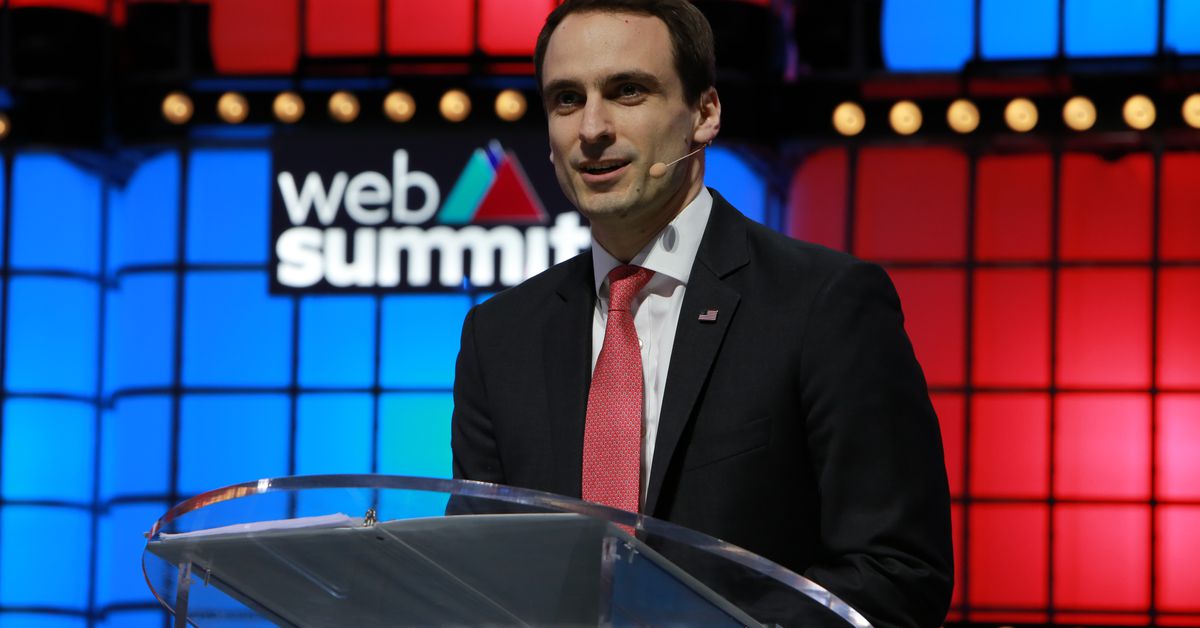As a startup founder, navigating the complex world of venture capital can be daunting. One common practice among investors is not signing non-disclosure agreements (NDAs) before meetings with startups. While this may seem like a hassle, it’s essential to understand why investors don’t sign NDAs and when you should push back against this convention.
The Risks of Sharing Confidential Information
When discussing the details of your technology with an investor who doesn’t sign an NDA, you’re taking a risk. Investors often talk to multiple startups in the same space, and it’s possible they may have already seen or heard about your solution before meeting you. This can put them in an awkward position, but it also raises the risk of confidential information being shared.
Why Investors Don’t Sign NDAs
Investors may not sign NDAs due to the potential liabilities involved. If they agree not to share confidential information, and then inadvertently or intentionally do so, they could be held liable. Additionally, signing an NDA could create a perception that the investor has access to sensitive information, which can affect their relationships with other startups in their portfolio.
When to Push Back Against Conventions
While it’s not always possible to get an investor to sign an NDA before meeting, there are times when you should push back against this convention. When discussing the details of your technology, it’s essential to protect your intellectual property (IP) and competitive advantage. One way to do this is by moving sensitive information to a separate part of your presentation deck.
Creating a Compelling Story
As a startup founder, your job is to tell a compelling story that showcases your market size, unique team, and traction. This can be done without revealing too much about your technology. By focusing on the bigger picture, you can persuade investors to sign an NDA ahead of your next meeting.
The Importance of NDAs
NDAs are essential for protecting your startup’s proprietary rights and competitive advantage. They prevent unauthorized dissemination of sensitive information, which can lead to disastrous consequences. Signing an NDA also builds trust and confidence between the investor and the startup, demonstrating the investor’s respect for intellectual property and seriousness of their intentions.
Best Practices for Working with Investors
When working with investors who don’t sign NDAs, it’s essential to be proactive in protecting your IP. Here are some best practices to follow:
- Move sensitive information: Move sensitive information about your technology to a separate part of your presentation deck.
- Focus on the bigger picture: Focus on showcasing your market size, unique team, and traction to create a compelling story.
- Negotiate confidentiality agreements: Negotiate confidentiality agreements that protect your IP and competitive advantage.
- Monitor investor activity: Monitor investor activity to ensure they’re not sharing confidential information.
Conclusion
Navigating the world of venture capital can be complex, but understanding when to push back against conventions is essential for protecting your startup’s interests. By being proactive in protecting your IP and focusing on creating a compelling story, you can attract investors who are willing to sign NDAs and support your growth.




